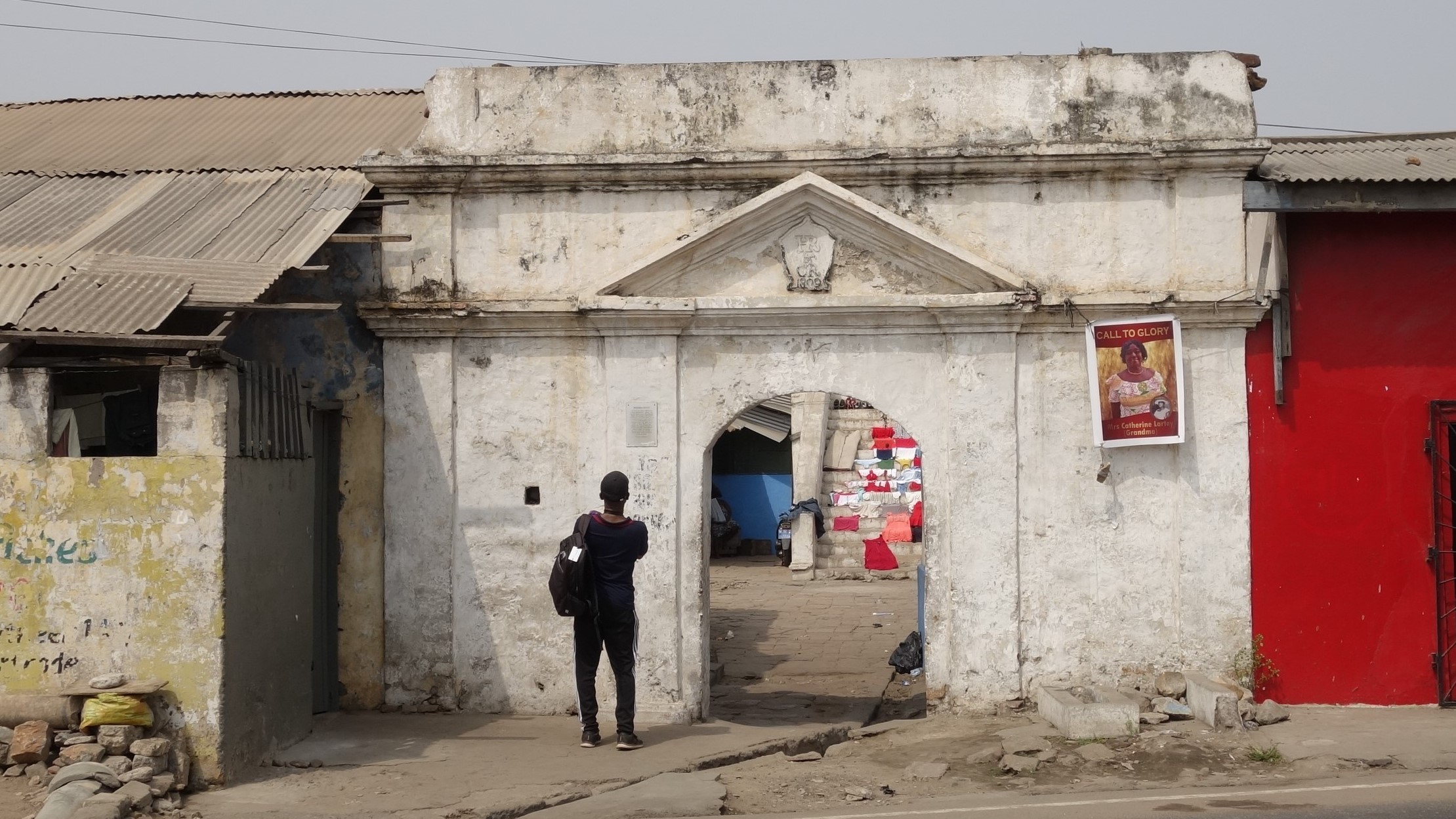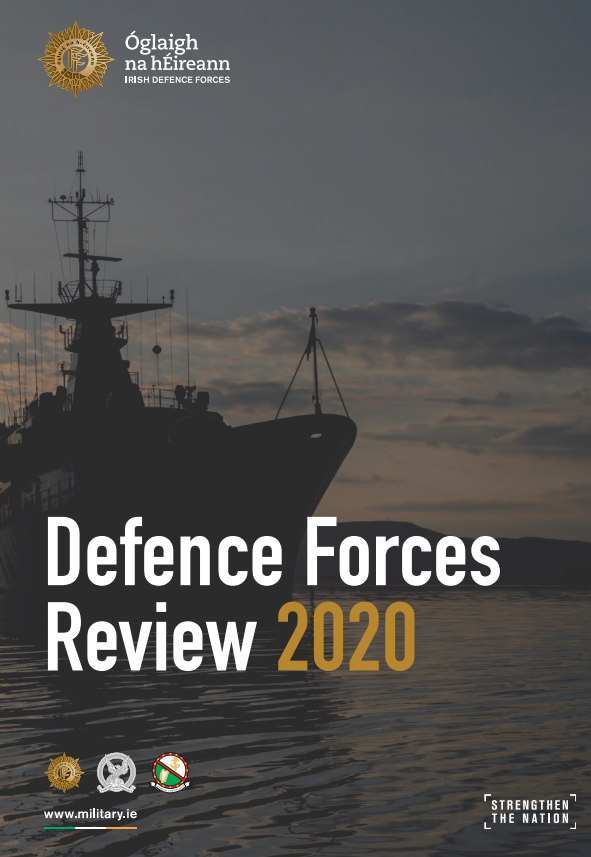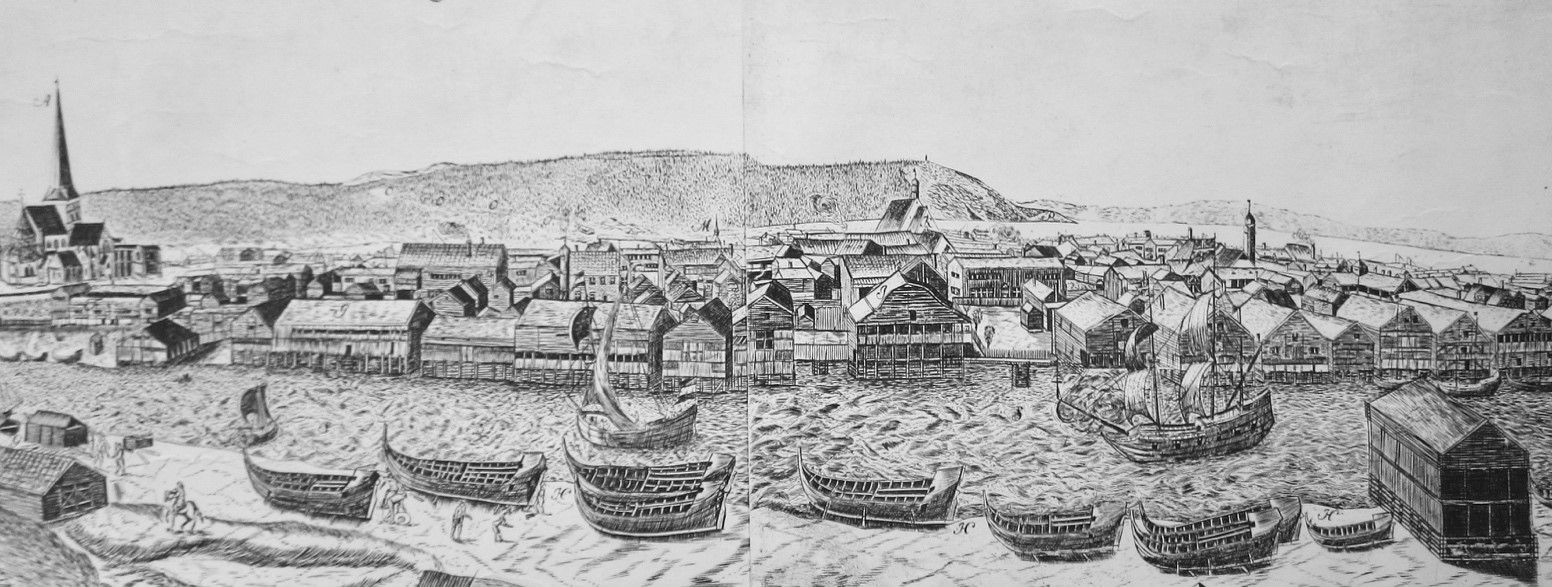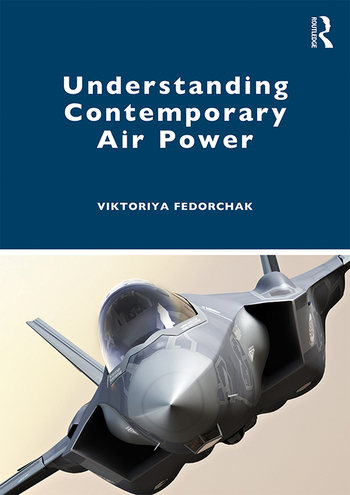History
History

The Department has active researchers within both older and more recent history.
Older history (until approximately 1750)
Our research stretches from Antiquity to the early modern period. Throughout, our emphasis is on various aspects of political and social history. Women’s history is a field of research for significant parts of the period. Cooperation and research networks with other groups in Norway and elsewhere in Europe is an important part of our research activity.
For the early Middle Ages, our main interest is the political history of the Mediterranean area, the Middle East, and Central Asia. The late Roman Empire, Byzantine history and the post-Roman states, as well as the development of early Islam, are all important subjects. Ethnicity and the formation of ethnicities is an important subject during this period. We also researches the Nordic area during the Merovingian and Viking periods. For the High and Late Middle Ages, the emphasis is on political history, especially concerning elites, identities, communications and rituals, state formation, and institutional history, as well as writing culture generally and written political communication in particular. The geographic weight is in the Nordic countries, including the Norwegian “skattland”,. Another aspect of political history is liturgical music and other music in a socio-political context, as well as saint worship in liturgical and political contexts. Another field of research is economic history, with an emphasis on the Nordic countries, with women’s history as an important component.
For the early modern period, our main interest is in social groups as political actors, both at elite and public levels. Additionally, we focus on labor and economic history, with global history as an important component. As with the Middle Ages, we examine music in a socio-political context. The history of knowledge in the early modern period is also a field of research.
Modern history (after approximately 1750)
The research group for modern history covers modern history (post-1750) from a range of historical perspectives. The group has significant expertise in the fields of political history, social history, cultural history, colonial history, the history of technology, the history of ideas, global history, and gender history. Research covers Norwegian, Scandinavian and European history, as well as Africa, Asia, the Caribbean, the United States and the Middle East.
The research group, among other subjects, works on the modern history of democracy; democracy and the rule of law; colonization, imperialism and decolonization; indigenous history; the histories of technology and science; environmental and natural resource history; the history of political and social ideas; history from below, farmer movements and subaltern voices; migration, labor and consumption; women’s and gender history; slavery and the colonial history of Denmark-Norway; apartheid and South Africa; cultural inheritance and cultural institutions; European integration; international organizations; diplomatic history; globalization, and others. The research group for modern history collaborates with the research groups for older history and European studies.
The menu to the left shows the Department's active research groups in history; a selection of research projects can be found below.
Ongoing Research
Ongoing Research
Eliane Vogel-Polsky var en belgisk advokat som på 1970-tallet brakte flere arbeidsrettssaker inn for EF-domstolen. Resultatet ble at Domstolen slo fast at Roma-traktaten ga individuelle rettigheter som skulle respekteres, av EFs medlemsland og i arbeidslivet. Dommene i Defrenne regnes i dag som milepæler i EU-retten, og Eliane Vogel-Polsky løftes stadig oftere frem som en helt sentral aktør i utviklingen av et sosialt Europa.
Viktoriya Fedorchak. This is an ongoing work that concentrates on the traditional role of air power – control of the air and its modern implementation in different operational settings, national practice and conceptualization of future warfare in various scenarios.
The recent publication within this framework is the article ‘Ireland in the Contemporary Strategic Environment: The Case in Favour of Air Policing’ , published December 3, 2020 in the Defence Forces Review 2020. The geopolitical location of Ireland between two NATO members poses additional challenges to its security today. This tendency is best illustrated by the regular penetration of Irish-controlled airspace by Russian fighters and bombers. This article discusses the current challenges of protecting the national airspace and the crucial importance of air policing in ensuring the security of Ireland.
Lise Rye, Carine S. Germond og Pieter de Wilde. 'The Norwegian model in perspective’ er et treårig prosjekt finansiert av EUs Erasmus+ program. Prosjektet undersøker ulike former for tilknytning til EU med særlig fokus på opprinnelse, omfang og demokratiske konsekvenser. Les mer her: https://www.ntnu.edu/differentiated-integration
Lise Rye. Det finnes ikke én historie om EU. Spørsmålet om hvordan og hvorfor EU-samarbeidet har utviklet seg vil gi ulike svar, avhengig av hvem du spør, og hvilket perspektiv de legger an. For noen er det et økonomisk samarbeid som har gått for langt, for andre er det et solidaritetsprosjekt som kommer til kort. Det er håpet om en bedre fremtid, og en fullkommen fiasko, alt til samme tid. Vi vet ikke hvilken vei EU vil ta i fremtiden. I en tid hvor krisene står i kø, både utenfor samarbeidet og på innsiden, vet vi ikke en gang om det vil finnes et EU i fremtiden. Men, med mer kunnskap om EUs mange sider, har vi i det minste et bedre grunnlag for å vurdere hvorvidt vi vil investere i dette samarbeidet eller ikke. Dette bokprosjektet identifiserer og diskuterer noen av de sentrale dimensjonene ved EU-samarbeidet slik de har utviklet seg over tid. Den er et bidrag til diskusjonen om hva EU er og hvordan dette samarbeidet kan forklares, og – forhåpentligvis – et grunnlag for videre diskusjon om verdien av forpliktende internasjonalt samarbeid.
Prosjektet dreier seg om politisk kommunikasjon og skriftlighet i Norge i perioden ca. 1300-1660. Én arbeidshypotese er at skriftlighet – både pragmatisk og reell – bidrar til å begrense det politiske handlingsrommet for både undersåtter og styrende, og at denne prosessen slik sett både bidrar til en økt reell innflytelse for allmuen, og en effektiviserings- og legitimeringseffekt for øvrigheten. En annen hypotese er at denne økte pragmatiske skriftligheten bidrar til både vertikal og horisontal kommunikasjon, altså at den også bidrar til å forme lokalsamfunn klarere som politiske aktører. Målet med prosjektet er å skrive en monografi med tanke på internasjonal utgivelse. I tillegg foreligger/er det under produksjon og planlegging flere artikler knyttet til prosjektet.
This project is a translation of the Hird Law (1274-77) from Norse to French. The regulated the life of Hirdmenn, the relationship between them and with the king.
The project includes ass. Professor David Bregaint and professor Jan Ragnar Hagland. In addition to the translation is an introductory essay written by David Bregaint.
King Magnus VI Lawmender’s Code of the Norwegian Realm 750 years in 2024.
The Code of the Norwegian Realm of 1274 was one of the first national laws in Europe. The law was used in Norway for more than 400 years, and formed a common legal basis for Norwegian society. The National Code became a unifying symbol for Norway through changing political unions. Research on the law and its significance in the broadest sense has been ongoing for several years at the initiative of Jørn Øyrehagen Sunde, professor of legal history at the University of Oslo. In 2021/2022, the project has taken place at CAS (Center for Advanced Study) in Oslo, where Jørn Øyrehagen Sunde and Erik Opsahl are project managers and Magne Njåstad participates.
MEDHEAL600 Is an interdisciplinary research project funded by the Research Council of Norway that examines health conditions and living conditions in Trondheim in the period 1000-1600 where not least the question of and possibly how the authorities developed over time conscious policy to improve the population's living and health conditions. The project was planned to be completed in 2020, but was extended for one year due to the corona pandemic.
Jon Olav Hove and Jon Kwadwo Osei-Tutu. NTNU has for decades had a strong research tradition related to African history, especially West Africa. Together with our MA students, we explore different time periods and regions. In recent years, one particular focus area has been the memory and history of the Danish-Norwegian slave trade in West Africa, more specifically in present-day Ghana. There are several buildings and ruins from Danish-Norwegian activities during this period, such as Christiansborg/Osu Castle in the capital Accra. We are keen to find out more about this past, but also to ask questions about how these activities are and can be remembered today, both in Norway and in Ghana. We have also cooperated with archaeologists from NTNU and the University of Ghana in the project OSUPRO, in which we participated in a geophysical exploration of the area surrounding Christiansborg.

Randi Bjørshol Wærdahl (coordinator).
Nexus Nidaros is a multidisciplinary research group originating in the local research community in Trondheim, involving scholars with a special interest in Nidaros archbishopric and church province.
The initiative is a long-term commitment designed to reach our chief objective: to acquire a better understanding of the transitions and traditions infusing the relationship between church and society from the Viking Age Christianization to the present day use of religious aspects from the Middle Ages.
We host conferences, seminars and workshops, edit books, initiate research projects and research groups, and provide a meeting place for local scholars.
Erik Opsahl. Et samarbeidsprosjekt mellom Henrik Ågren, Uppsala universitet, Lars Bisgaard, Syddansk Universitet, Magne Njåstad og Erik Opsahl der vi undersøker og sammenlikner hvordan historieskrivingen i de nordiske protestantiske statene etter reformasjonen behandlet de nasjonale helgenkongene inn i landenes historie.
Lise Rye. I denne boken undersøker jeg norsk europapolitikk over tid, fra krigstidas planer for nordisk union til dagens EØS-tilknytning. Hvordan endte nei-landet Norge opp som EUs mest integrerte ikke-medlem? Hvorfor gir ikke EØS-avtalen politisk medbestemmelse? Hva var det egentlig som skjedde i forholdet mellom Norge og EU mellom de to folkeavstemningene? Boken gir ny kunnskap om den aktive europapolitikken, opprettelsen av EØS, norsk europadebatt, EFTA, og om forholdet mellom økonomisk og politisk integrasjon.
Pieter De Vilde, Lise Rye, Anna Gora og Kristine Graneng. RECONNECT er et Horisont 2020-finansiert prosjekt som søker å bygge bro over avstanden mellom unionen og dens innbyggere. Prosjektet undersøker mer konkret oppfatninger av demokrati og rettsstat slik de kommer til uttrykk i Europa i dag. Hvordan kan vi forstå og forklare innbyggernes forståelser av disse prinsippene, og i hvilken grad samsvarer de med EU-systemets egen tolkning og praktisering? På grunnlag av denne kunnskapen er målet å skrive et nytt narrativ for Europa, som reduserer avstanden mellom innbyggernes forventninger og bekymringer på den ene siden, og EUs virkemåter og politikk på den andre.
RECONNECT ledes fra KU Leuven og bringer sammen forskere fra 18 institusjoner i 14 land.
Roman Hankeln forbereder i samarbeid med Dr. Silvan Freddi (Zentralarchiv Solothurn, Sveits) en utgave av sangene som ble framført i løpet av tidebønnene til ære av hl. Urs og Victor, skytshelgene av Solothurn i Sveits. Utgaven inneholder en innføring i den historiske konteksten til kulten av hellig Urs og Victor og alle sangene innrettet slik at de kan framføres på nytt. Utgaven kommer ut i serien HISTORIAE som publiseres i oppdrag av forskningsgruppen Cantus Planus under aegis av International Musicological Society.
In the frameworks of this project, Péteri discusses issues pertinent to the history of everyday and private life under Communism – the particular forms and ways in which post-1945 modernity reached the shores of Soviet Bloc societies. The empirical work (from a broad selection of Hungarian archives and contemporary publications) covers areas like consumption, mobility (the advent of private mass automobilism) and leisure (hunting and vacationing).
One of the central problems addressed is to what extent we may consider state socialism a success with regard to its ambitious attempt to offer to human kind a modern civilization, alternative to that of capitalism. In trying to answer this question, a great deal of attention is devoted to the social history of the party-state’s apparatus class (the class of salaried functionaries of the party and the state) and to the role of this class in bringing Western values and patterns of everyday into the cultures of Eastern Europe.
3ROceans (2016-2021)
The oceans are ecologically in peril and a regulatory disaster. While the problems are widely acknowledged, the governance of the sea remains inadequate to address these global and multifarious challenges. The problems are particularly acute for the area that lies beyond national borders and jurisdiction, what is typically termed the high seas and the deep ocean. The challenges related to the use and regulation of this area are fundamentally shaped and influenced by cultural conditions and perceptions.
This project seeks to chart and analyze how cultural conditions underpin the use of the oceans and to investigate the relationships between the representations, resources and regulations of the high seas and the deep oceans. We approach this through an interdisciplinary effort that links the studies of aesthetical formations with their concomitant implications for legal and regulatory development across historical time and space.
Viktoriya Fedorchak. This was 2-year work on the textbook ‘Understanding Contemporary Air Power’ for teaching air power to both civilian and military audiences, culminating in the publication by Routledge, on April 22, 2020. This work is aimed to explain air power systematically, addressing its diverse roles in various types of operations: conventional (inter-state) wars, peace-support operations, and counterinsurgencies. The textbook also addresses the key factors that make successful air power: people, technologies and political will. Other topics covered in the book are the complexity of media coverage of air warfare, changing public perceptions of air power, structuring national air forces and the future of air power. One of the enduring themes discussed in the book is inter-service and cross-domain integration, emphasizing the increasingly important role of cyber and space domains in the future of network-centric warfare.
A series of follow-up presentations and lectures linked to the textbook will take place in 2021.






